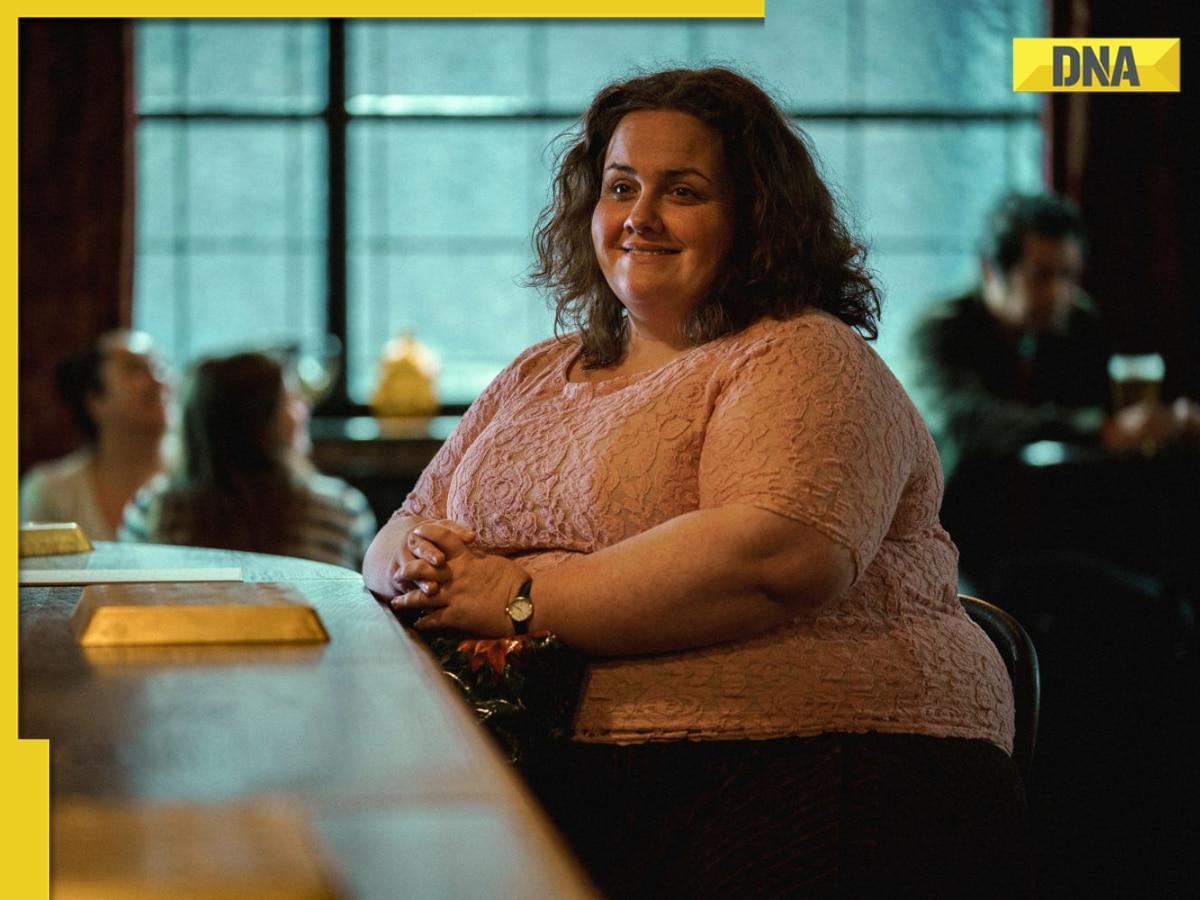
A woman has taken legal action against Netflix, alleging that the streaming giant defamed her in the controversial series “Baby Reindeer.” Fiona Harvey, a Scottish attorney residing in England, claims that the show’s character, Martha, is unmistakably modeled on her. Harvey’s lawsuit, filed in a federal court in Los Angeles, seeks a staggering $170 million in damages. The lawsuit accuses Netflix of negligence, inflicting intentional emotional distress, and violating her right to publicity.
“Baby Reindeer,” a British black comedy rooted in a one-man stage performance by Richard Gadd, portrays Gadd as a character named Donny Dunn. In the series, Dunn works at a pub and encounters Martha, a lively and amiable customer. Initially, Dunn offers Martha a complimentary cup of tea, but her behavior soon takes a dark turn. Martha evolves into an obsessive stalker, bombarding him with tens of thousands of emails and hundreds of tweets, assaulting him physically and sexually, and ultimately being imprisoned.
Harvey asserts that none of these incidents actually occurred. “The lies that Defendants told about Harvey to over 50 million people worldwide include that Harvey is a twice-convicted stalker who was sentenced to five years in prison, and that Harvey sexually assaulted Gadd,” the lawsuit states. “Defendants told these lies, and never stopped, because it was a better story than the truth, and better stories made money.” Further, the lawsuit contends that Harvey has never stalked a police officer, a subplot addressed in the series.
Netflix responded to the lawsuit with a statement, vowing to “defend this matter vigorously and to stand by Richard Gadd’s right to tell his story.” The lawsuit alleges that Netflix failed to ascertain the veracity of the stalking and assault claims or to understand the true nature of the relationship between Harvey and Gadd. It charges that the platform, along with Gadd, damaged Harvey’s reputation, character, and life.
Harvey gained further visibility when she appeared on Piers Morgan’s show about a month after the series premiered on Netflix in April.
. The lawsuit claims that even before her public interview, both viewers and British media had already identified her, subjecting her to relentless harassment. This was partly possible, the legal document suggests, because the show included social media posts that were nearly identical to those made by Harvey, such as one relating to her curtains, which was depicted in a sexually suggestive manner on the show. Adding to her distress, the lawsuit states, is the “uncanny resemblance” between her and the series’ Martha, including similar accents, speaking styles, and cadence.
The lawsuit argues that the series’ initial claim—that it is based on a true story—is “the biggest lie in television history,” adding that its defamation of Harvey is “at a magnitude and scale without precedent.” Harvey is demanding all profits generated by “Baby Reindeer” and additional punitive and other damages totaling at least $170 million.
Emails seeking comments from attorneys representing Richard Gadd were not immediately returned. With the narrative capturing global attention, the lawsuit highlights the potential consequences of blending fact with fiction, particularly in an era where streaming platforms have a wide-reaching influence. Harvey’s case, irrespective of its outcome, raises significant questions about the responsibilities of content creators and distributers and their impact on the lives of the individuals they portray.
Netflix’s legal defense will likely delve into the complexities of artistic license and freedom of expression versus the potential harm such portrayals might cause, as the entertainment industry watches closely. The outcome of this high-stakes lawsuit could set a precedent for future cases where real-world individuals claim defamation and emotional distress over their depiction in media.
“Baby Reindeer” thus finds itself not only at the center of a legal battle but also at the crossroads of ethical storytelling. As the public awaits further developments, the implications for both the streaming platform and the wider entertainment sector remain under intense scrutiny. Whether justice will be served in favor of Fiona Harvey or Netflix’s creative freedoms will ultimately prevail, remains to be seen.
The repercussions of this case have the potential to reverberate far beyond Harvey’s personal ordeal, influencing industry standards and practices for years to come. For now, the courtroom drama adds another layer to the already contentious narrative spawned by “Baby Reindeer.”










